A groundbreaking trial in the UK has demonstrated that drones can safely transport urgent blood stocks between hospitals, potentially revolutionizing medical logistics. According to BBC News, researchers from NHS Blood and Transplant (NHSBT) conducted a test sending blood packs between two hospitals in Northumberland using both drones and traditional road transport.
The Trial: Drones vs. Road Transport
The study involved sending 10 identical blood packs from Wansbeck Hospital to Alnwick Infirmary and back. Five packs were transported by drone, while the other five went by road.
The drone journey covered 42 miles over the Northumberland coastline in just 61 minutes, classified as a “beyond visual line of sight flight,” or BVLOS.
In comparison, ground vehicles took a 46-mile route, completing the journey in 68 minutes. Researchers noted that the drone route wasn’t the most direct available, suggesting even quicker travel times could be achieved in real-world scenarios.
Promising Results
After the transport, each blood pack underwent thorough analysis to assess its quality and viability for clinical use. The results were encouraging, as Dr. Gail Miflin, chief medical officer at NHSBT, stated:
“The results of this first trial are very promising, showing no compromise to the safety of the blood.”
No significant differences were found between the biochemical or haematological profiles of the blood transported by drone or by road.
Future Implications
This successful trial opens up exciting possibilities for the future of medical logistics. Dr. Miflin expressed enthusiasm about the potential of this innovative technology:
“Technology is advancing rapidly and we are keen to examine how innovative technology may be able to support and further decarbonise our extensive logistics operations in the future.”
Hammad Jeilani, medical director at Apian, the medical logistics company that partnered with NHSBT for this study, emphasized the broader implications:
“We’re pleased the trial has clearly demonstrated drone delivery of blood packs is feasible and safe, supporting the potential for drones to transport critical healthcare supplies to patients, at the right time and with fewer emissions.”
DroneXL’s Take
This successful trial in the UK aligns with the growing trend of drone delivery in healthcare. It demonstrates the potential of unmanned aerial vehicles to revolutionize medical logistics, especially in time-critical situations. As we’ve seen in recent articles on DroneXL, drones are increasingly being used for medical deliveries worldwide, from transporting vaccines in remote areas to delivering defibrillators in emergencies. This UK trial further validates the safety and efficiency of Drone Technology in healthcare, paving the way for wider adoption and potentially saving more lives in the process.
What are your thoughts on using drones for urgent medical deliveries? Share your opinion in the comments below.
Photo courtesy of NHS Blood and Transplant / BBC
Discover more from DroneXL
Subscribe to get the latest posts sent to your email.
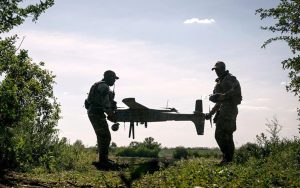
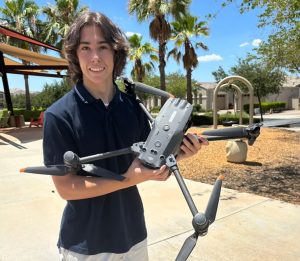
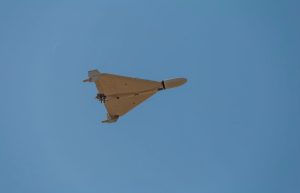
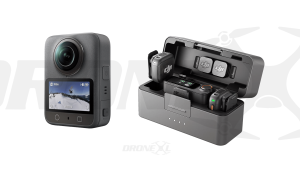
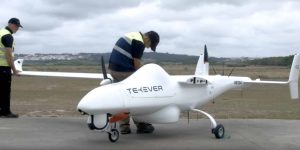




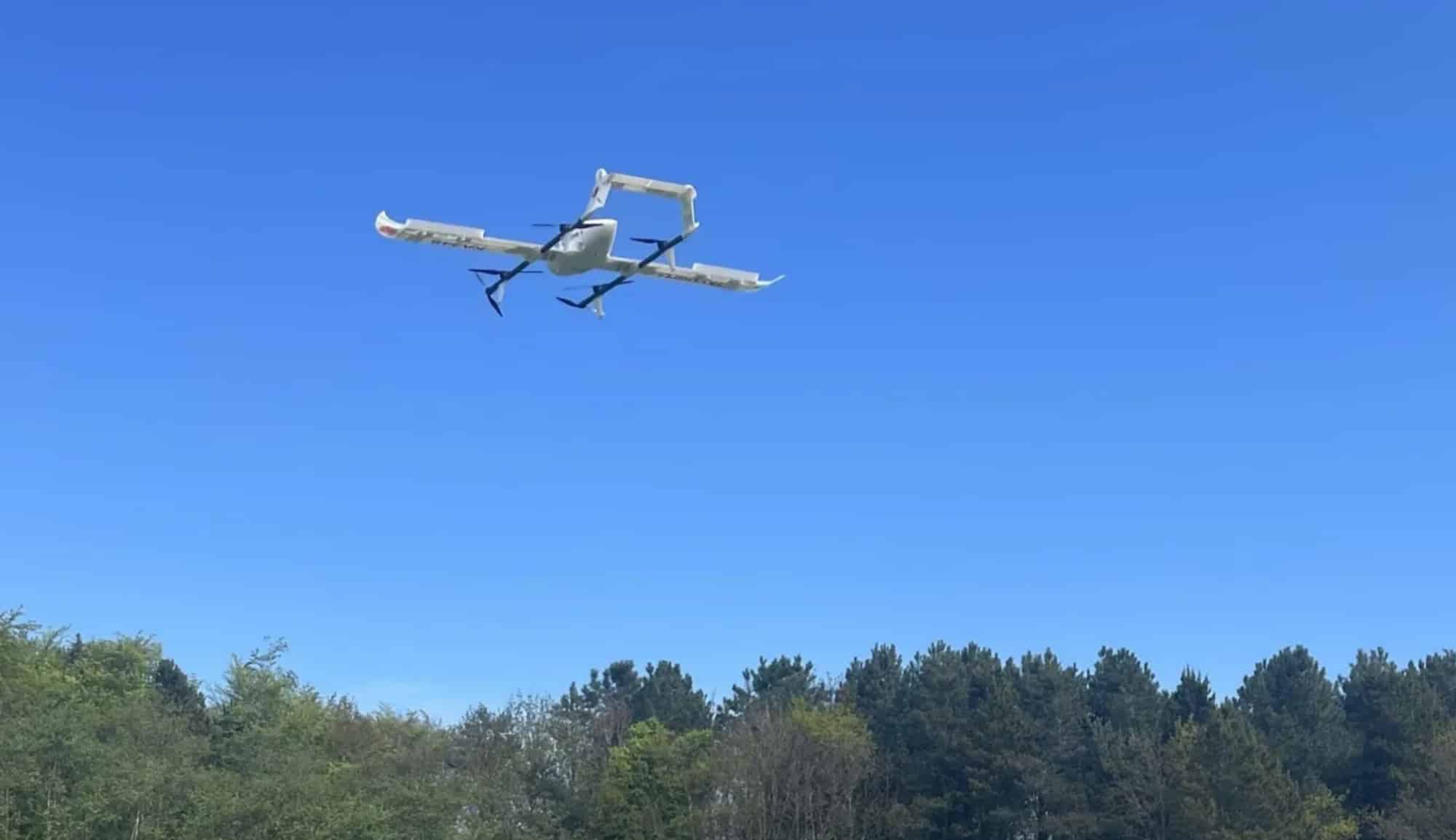
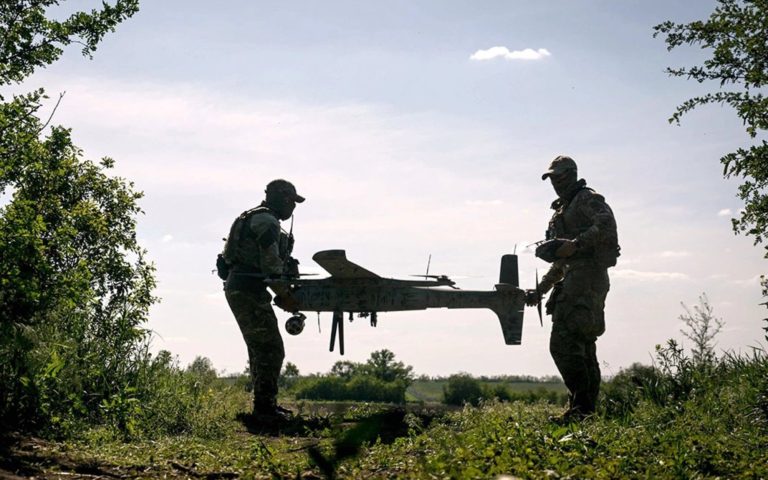
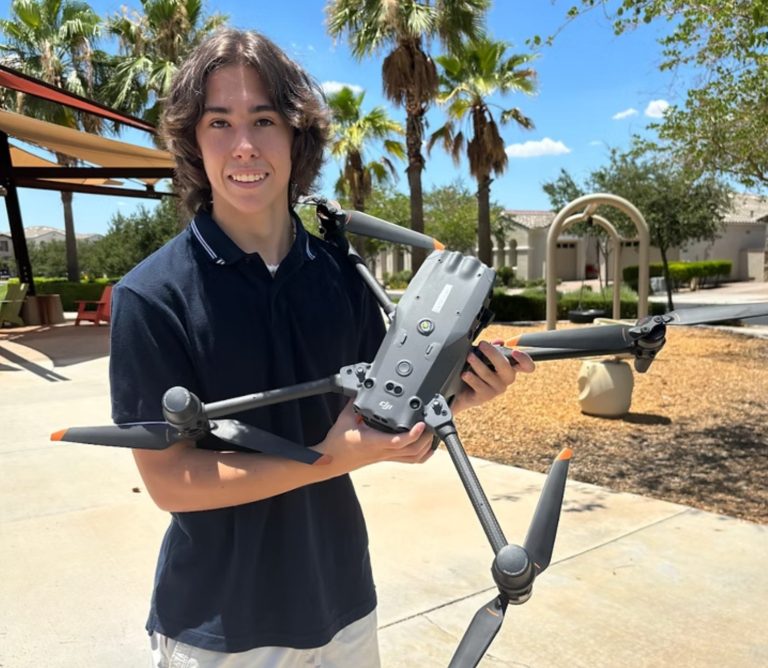
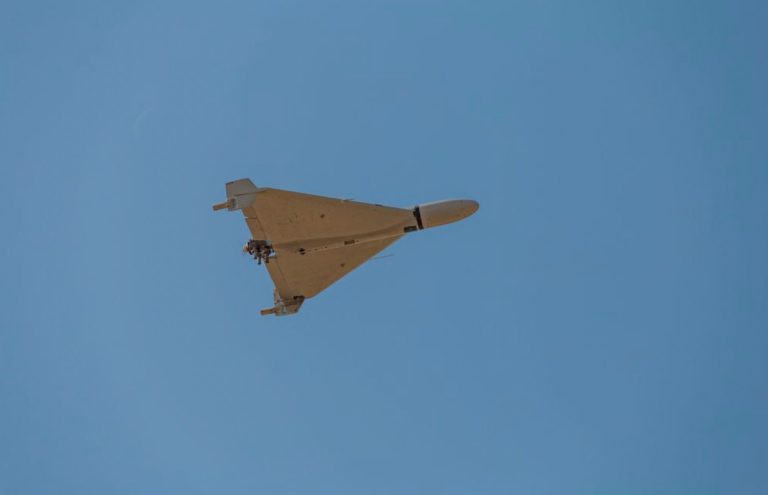

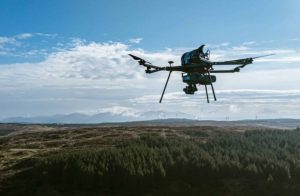
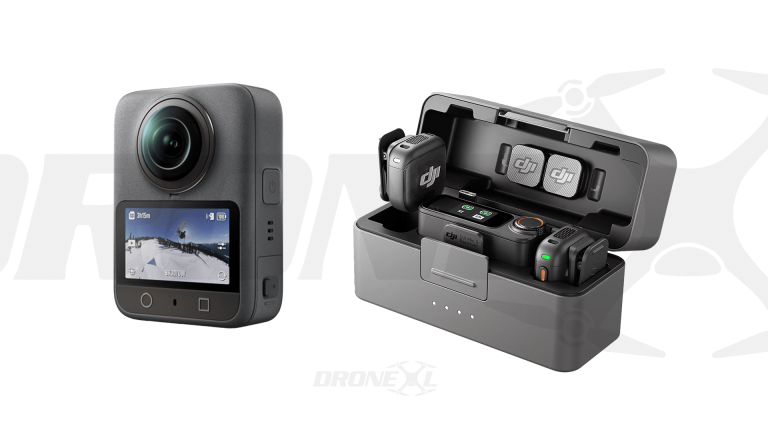
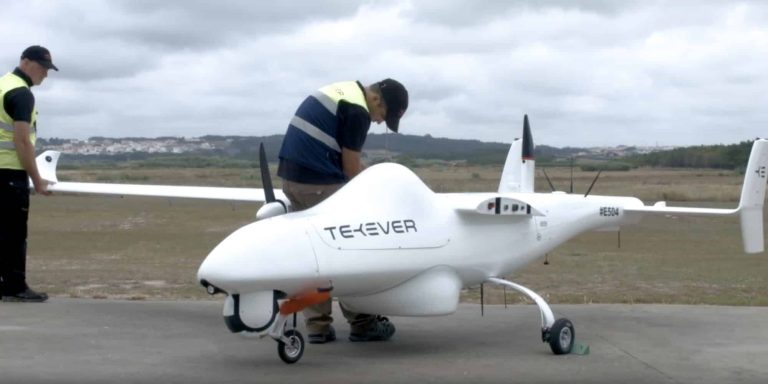


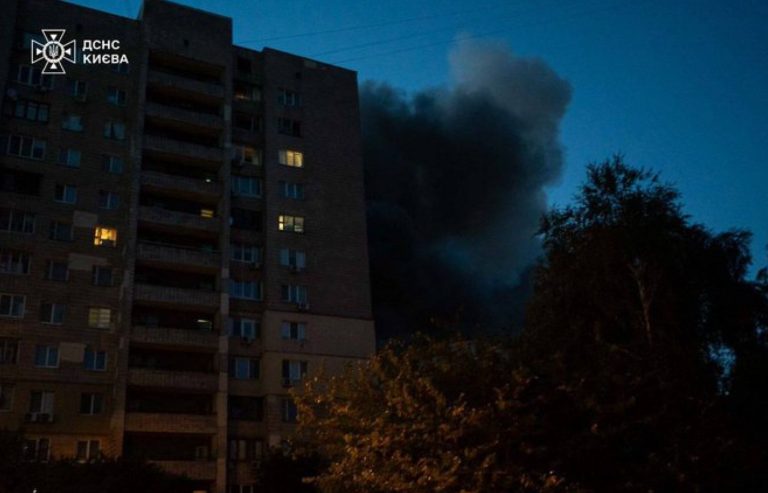
+ There are no comments
Add yours